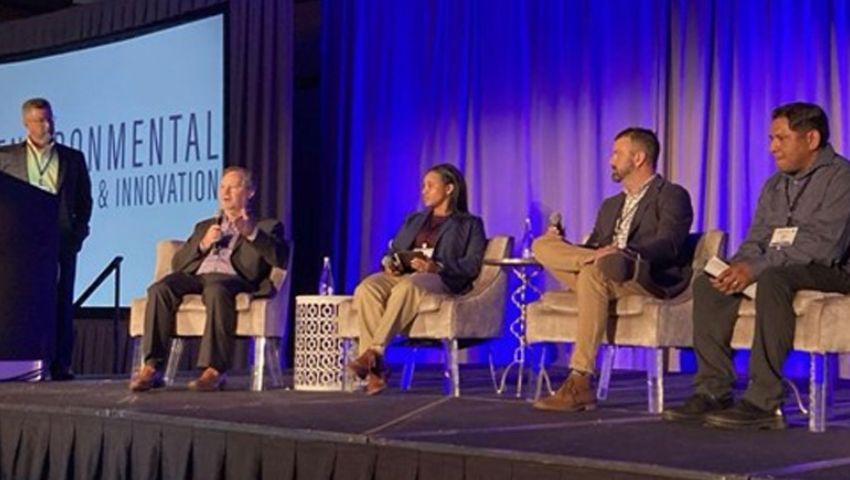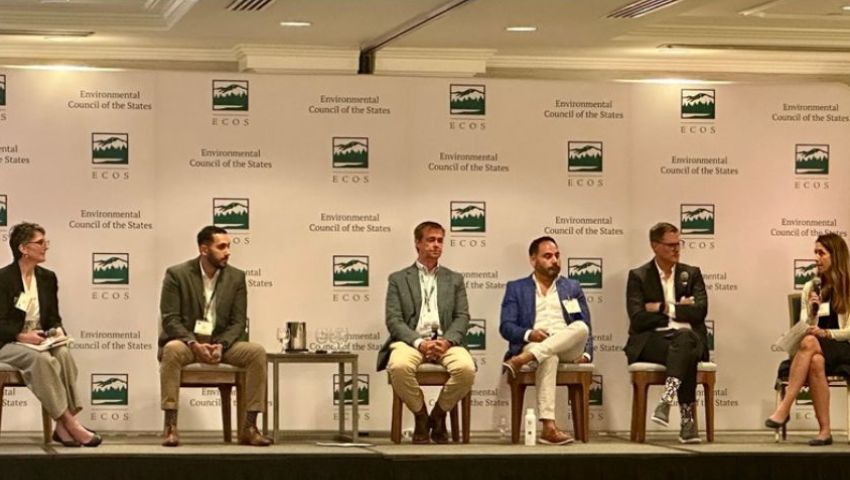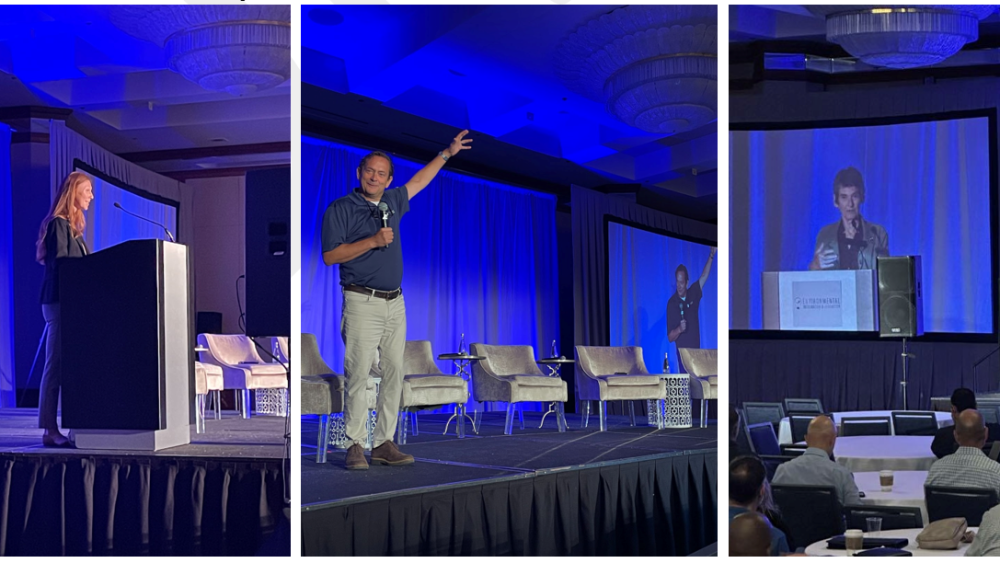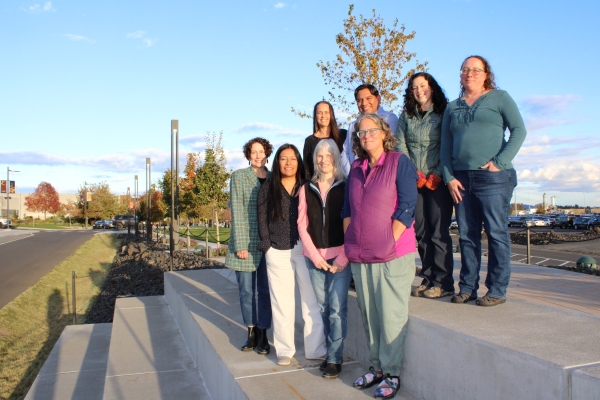

In a series of forums this fall, E-Enterprise partners shared their early experiences with artificial intelligence (AI), emphasizing the importance of steady preparations to maximize the technology’s usefulness.
At the E-Enterprise Leadership Council (EELC) October Meeting in Denver, Niki Maslin of EPA’s Office of Mission Support likened the adoption of AI to “learning to drive in the snow” (leaning into a curve and suppressing the urge to slam on the brakes) as she discussed the planned release of an internal version of ChatGPT, a generative AI (GenAI) tool. Amy Bhika of the Colorado Governor’s Office of Information Technology noted that Colorado is at the forefront of GenAI, having passed legislation effective in 2026 that provides a framework for use of this technology. With a pilot underway using Google’s Gemini GenAI, Colorado reports that use of the product to assist in developing content has improved work quality. EELC members agreed that they want AI to work with them, not happen to them, and reiterated the need for a “human-in-the-loop” in AI use cases. Members identified potential pitfalls, such as the inadvertent creation of personally identifiable information and release of other secure data. The National Institute of Standards and Technology Risk Management Framework was cited as an important reference.
The September Environmental Information and Innovation Meeting (E2i) showcased the use of AI in environmental protection. Sessions featured opportunities and challenges in applying AI, as well as an innovative use of machine learning to create a more accurate and comprehensive dataset of service area boundaries for public water systems.
ECOS spotlighted the potential of AI at its September meeting on Environmental Sea Change in Newport, Rhode Island. Bonnie Heiple of Massachusetts Department of Environmental Protection moderated a conversation with state and private sector experts on “Catching the AI Wave” via technology applications now available for public-facing and internal agency functions. Panelists recommended that States start small, “go big” on governance, and deploy uses that build trust and confidence. Resources shared at the ECOS meeting include New York’s Acceptable Use of AI Tech (policy summary) and the Digital Climate Alliance’s June Promise and Peril: Sustainability & the Rise of Artificial Intelligence (summary) and related presentation.
For more information on AI conversations underway, contact Beth Graves of ECOS or Michael Clanton of EPA.





